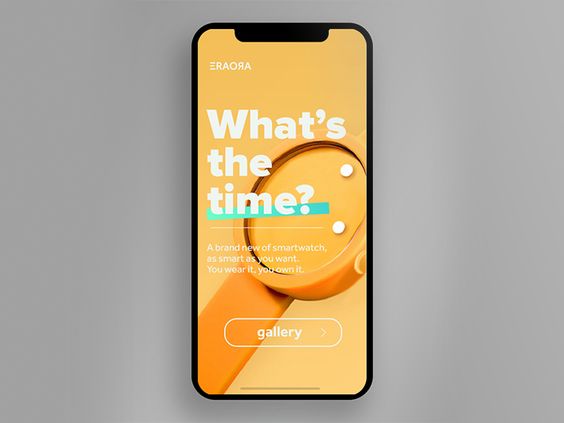In today’s fast-paced, digitally-driven world, having a well-designed website is no longer just a “nice-to-have” — it’s a must for any business, especially if you’re aiming to grow locally in competitive cities places like Birmingham, Manchester and London. But what exactly does a good website look like? If you’re running a business and wondering how to make your site stand out, let’s break down the 8 things your website needs to not only look the part but act the part.
1. User-Friendly Web Design
First impressions matter. When a visitor lands on your site, they should instantly know what you offer and how to navigate your site without getting lost. Your website’s design needs to be intuitive, clean, and well-organised. Think about the pages you visit daily — why do you keep coming back? It’s probably because they make finding information easy and don’t overwhelm you with clutter.

If your business is operating in a competitive market, ensuring your web design is simple to navigate can give you the edge.
From pilates studios to construction contractors, the best websites speak directly to what customers want, with clear calls-to-action (CTAs) like “Book Now” or “Get a Free Quote” prominently placed.
2. Mobile-Optimisation
Fun fact: over 60% of UK web traffic comes from mobile devices, and that number is growing. That means if your website isn’t mobile-friendly, you’re missing out on a huge chunk of potential business. A good website adjusts in size to any screen, ensuring that whether your audience is browsing on a desktop or smartphone, they get a smooth experience. Google’s search algorithm prioritises mobile-optimised sites, so this can also help boost your local SEO ranking.

A good website adjusts in size to any screen, ensuring that whether your audience is browsing on a desktop or smartphone, they get a smooth experience. Google’s search algorithm prioritises mobile-optimised sites, so this can also help boost your local SEO ranking.
3. Fast Loading Speeds
Let’s be real: no one has time for a slow-loading website. If your site takes more than a few seconds to load, you could be losing visitors — and business.

A fast website is a good website. Compressing images, choosing the right hosting provider, and keeping your design lean can drastically reduce load times. And with a faster site, you’re not only improving the user experience but also your SEO ranking. After all, search engines like Google reward sites that load quickly!
4. Local SEO
Speaking of Google, one of the best ways to get your business found in Birmingham is by optimising your website for local SEO.

You want to make sure when someone searches for “garages in Birmingham” or “Service and MOT in Birmingham,” your site pops up. That means having targeted content that includes these keywords naturally (without stuffing), making sure your business is listed on Google My Business, and having positive reviews to help your brands visibility.
5. Branding
A good website doesn’t just look pretty—it tells a story. What makes your business unique? What do you offer in products or services that others don’t?

Every element of your site, from the colours and fonts to the words on the page, should align with your brand’s personality and goals. This consistency helps build your trust with your visitors and turns them into loyal customers. Your messaging should be clear and compelling.
6. Engaging Content
Content is still king. A good website regularly updates its content to keep visitors engaged and informed. This could be through blogs (just like this one!), case studies, or testimonials from customers.

Fresh content helps your SEO. If you’re regularly publishing use information, Google and other search engines will rank you higher, which increases the probability of your desired customer base finding you online.
7. Lead Magnets
Perhaps the most underrated function of a great website is a lead magnet. Adding free guides, exclusive discounts or downloadable resources can help turn visitors into customers.

The premise is that you (the business) are offering something valuable in exchange for contact information. By addressing a specific pain point or offering a solution, lead magnets can help businesses build trust and establish credibility. This makes visitors more likely to engage with your brand in the future.
8. Security
Last, but NOT least is security. A good website keeps its users’ data safe and secure. This means having an SSL certificate (which also helps with SEO), ensuring your site is regularly updated, and following data protection laws. If you’re handling payments or sensitive information, robust security measures are non-negotiable!

Now, we know the list can feel like a lot but it’s easily done by professionals. We understand that looks play a big part in a good website, but the performance, user experience and other factors are equally as important. If you have read through this blog and feel as if you’re website is underperforming, it could be because one of the factors listed are missing from your site?
Remember, your website is your digital shopfront, and just like a high street shop, it needs to be welcoming, functional, and memorable.
If you need a new website or would like changes to be made to your existing website, let’s chat and see how we can help your business thrive online.


